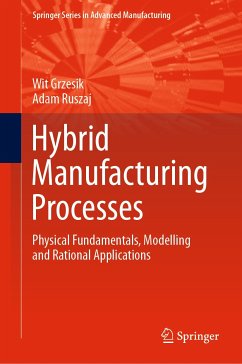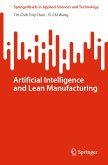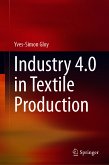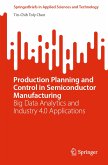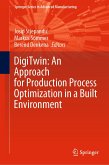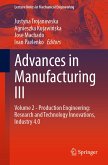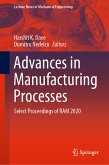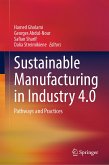Structured in three parts, Hybrid Manufacturing Processes summarizes the state-of-the art hybrid manufacturing processes based on available literature sources and production reports. The book begins by providing information on the physical fundamentals of the removal and non-removal processes in macro-, micro and nanoscales. It then follows with an overview of the possible ways of hybridization and the effects on the enhancement of process performance, before concluding with a summary of production outputs related to surface integrity, specifically with respect to difficult-to-machine materials.
Considering the applications of different sources of hybridization including mechanical, thermal and chemical interactions or their combinations, this book will be of interest to a range of researchers and practicing engineers within the field of manufacturing.
Dieser Download kann aus rechtlichen Gründen nur mit Rechnungsadresse in A, B, BG, CY, CZ, D, DK, EW, E, FIN, F, GR, HR, H, IRL, I, LT, L, LR, M, NL, PL, P, R, S, SLO, SK ausgeliefert werden.

